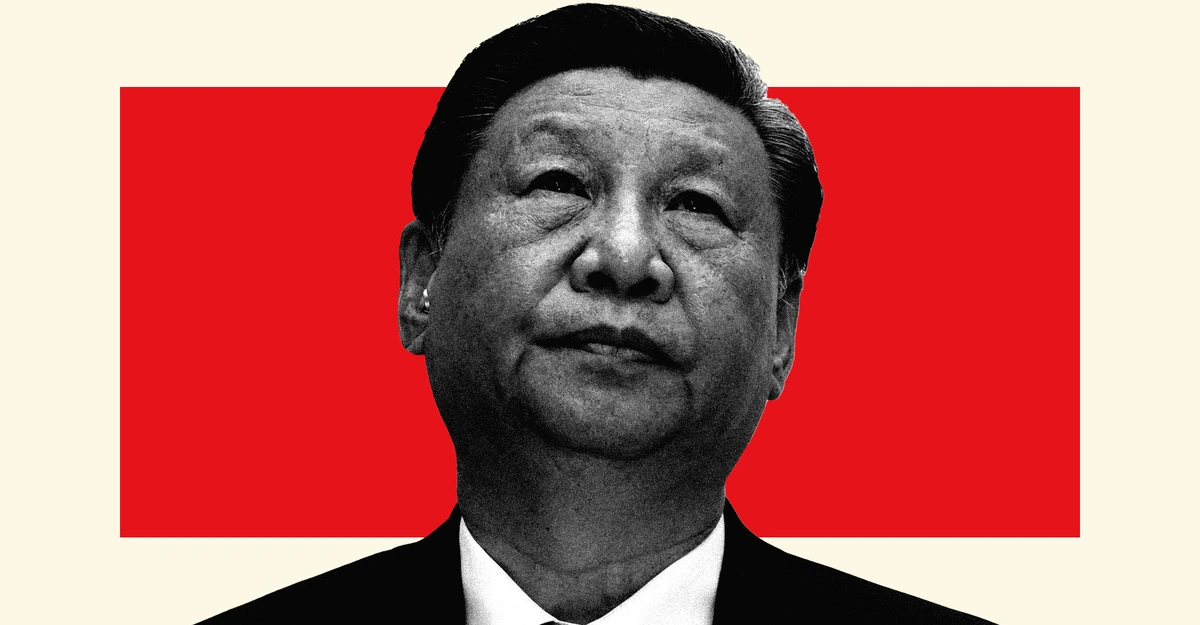Copyright forbes

When Sam Caucci talks about wasted talent, he’s not speaking in abstractions. He’s talking about the $8.8 trillion drain on the global economy—and the millions of workers whose potential is left untapped. “Wasted talent is a performance killer,” he says. “It drags down sales, weakens service, and holds companies back. Globally, it costs businesses an estimated $8.8 trillion a year. Low engagement alone leads to 18% less productivity, 37% more absenteeism, and 15% lower profitability. That’s not abstract, that’s revenue left on the table.” But the numbers, Caucci emphasizes, only tell part of the story. “When workers feel unseen, confidence cracks, energy drops, and culture erodes,” he says. “You get people who clock in, but don’t lock in.” Caucci is founder and CEO of 1Huddle and author of Wasted Talent: How Greed, Exploitation and the Promise of the Future of Work has Failed the Front Line, and a Plan to Fix It. His mission: to expose how systemic neglect of frontline workers has hollowed out opportunity and to offer a roadmap for rebuilding dignity at work. The Myth of American Leadership in Workforce Development If you think the United States leads the world in workforce development, Caucci says you’ve fallen for “the biggest myth.” MORE FOR YOU “We rank second to last among OECD countries in workforce training investment per worker,” he explains. “That’s not leadership—that’s leaving talent on the sidelines.” While other countries treat workforce development as a national priority, the U.S. has largely delegated it to individuals. “Only one in five employees have received any upskilling or cross-skilling from their employer in the last five years,” Caucci notes. “In a world moving this fast, most workers are forced to skill up on their own time and their own dime just to keep up.” The inconsistency, he says, is glaring. “We love to say ‘people are our greatest asset,’ but if that’s true, why are we investing so little?” Dead Ends in the Age of AI Career ladders once offered predictable progression. Not anymore. “Jobs used to change by the decade. Now, the tasks that make up jobs are changing by the year—sometimes by the month,” Caucci says. “AI and automation have poured fuel on that fire, reshaping work at a speed our systems simply aren’t built for.” Education and training models, he adds, haven’t caught up. “Colleges are still preparing students for yesterday’s jobs,” he says. “Most degrees are static, front-loaded, and disconnected from the real pace of change.” The result: “Workers are following ‘career ladders’ that lead nowhere.” Caucci argues for new partnerships between business and education to build systems “that move as fast as work does.” When Greed Erodes Growth Over the past few decades, Caucci says, too many companies have succumbed to “an addiction to short-term profit maximization.” “People have become secondary,” he says. “Instead of building talent, many companies have been too busy squeezing it. Training budgets are cut. Career paths are flattened. Frontline roles are treated like plug-and-play positions, not launchpads for growth. It might look good on a quarterly report, but we’ve created a long-term talent deficit.” And the damage isn’t just moral—it’s measurable. “Companies that underinvest in people end up paying for it in turnover, lower productivity, and slow growth,” Caucci says. “This greed has turned talent into a cost to be controlled, instead of a force to be unleashed.” HR on Defense Even the systems meant to develop people, Caucci argues, are built to control them. “Most HR systems today are built around protection, not performance,” he says. “They’re designed to reduce legal risk, check boxes, and maintain compliance—not to unlock talent or drive results.” That mindset shows up in the numbers. “Eighty-three cents of every training dollar is spent on compliance or risk-related topics, not skill building. That’s a staggering misallocation.” “The result,” he says, “is HR strategies that are reactive, risk-averse, and stuck in the past—while the real performance opportunities inside the workforce go untapped.” The Human Cost of Neglect For Caucci, this isn’t just an economic story—it’s a human one. “Two out of three American workers don’t have a college degree and most of them are on the front lines,” he says. “These are the people who keep our restaurants running, our hospitals operating, our supply chains moving. Yet they’re often short on time, short on opportunities, and short on credentials.” “When you’re working two jobs, raising a family, and still trying to build a future—but the system gives you no ladder to climb—it eats away at confidence,” he adds. “This isn’t just about skills. It’s about dignity.” Restoring Dignity and Listening Like a Coach “Dignity at work isn’t just about bigger paychecks or fancier titles,” Caucci says. “It’s about being seen, being heard, and having a seat at the table.” To restore dignity, leaders must listen differently. “The best leaders listen the way great coaches do,” he explains. “They put everyone on the field, give them the same playbook, the same coaching, and the same shot to compete.” That approach, he says, is not only fair—it’s efficient. “Hiring an external candidate costs five times more than identifying and lateraling an internal worker. Companies that succeed in a future of work with AI and robots will not waste talent—they will win with it.” From Waiting to Winning Caucci’s advice for workers who feel stuck? Stop waiting. “Workers have three choices: hope for it, wait for it, or go for it,” he says. “Hoping for it won’t work. Waiting for it is a losing strategy.” He urges workers to “be aggressive about building new relationships, learning new skills, and stacking real experiences.” “I call this ‘experience stacking,’” Caucci says. “Shift your focus from collecting certificates to collecting skills and stories that help you better shape the career you want.” In the end, Caucci’s message is clear: the future of work belongs to those who refuse to waste talent—whether it’s their own or someone else’s. “You don’t have to wait for permission to grow,” he says. “You can build a future worth working for with the time you have right now.” Editorial StandardsReprints & Permissions



